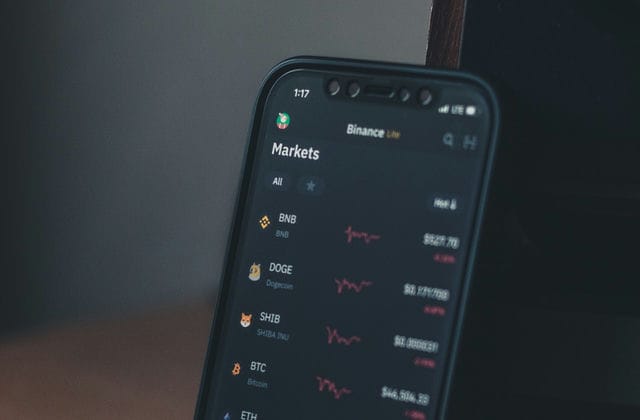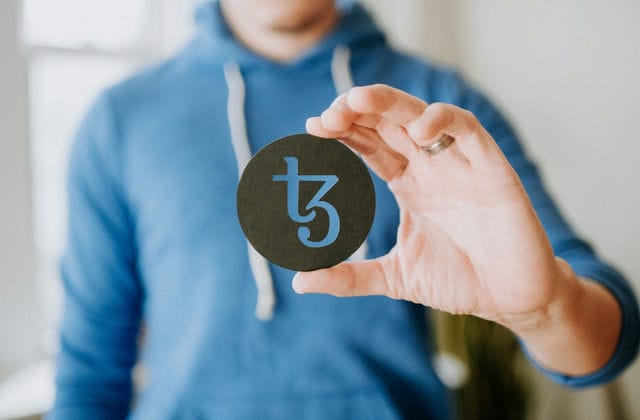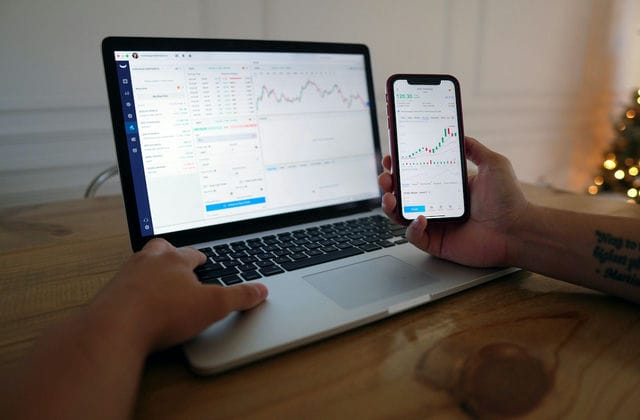Bitcoin is a consensus network that makes possible a new payment system and a fully digital currency. Bitcoin is the first decentralized peer-to-peer payment network that is backed by users and does not require a central authority or middleman. From the user's point of view, Bitcoin is like a banknote on the internet. Bitcoin is also considered the most outstanding triple-entry accounting system in existence.
Who created Bitcoin?
Bitcoin was the first to implement the concept of a "cryptocurrency". The concept was first described by Wei Dai in 1998 in the Cyperus list, where he proposed the idea of a new type of currency, where cryptography was used to control the creation and transaction of money, rather than through a central authority. The first Bitcoin description and proof of concept was published by Mr. Satoshi Nakamoto in 2009 in the Cryptography Mailbox Group list. Mr. Nakamoto left the project in late 2010 without explaining much about his reasons. The community has since grown exponentially, with many developers becoming involved in Bitcoin.
Mr. Nakamoto's anonymity has always attracted undue attention, much of which has led to misunderstandings about the open-source nature of Bitcoin, a protocol and software that is publicly available, and any developer in the world can review its code or make their own improved version of Bitcoin software. Just like current developers, Satoshi Nakamoto cannot decide whether the changes he makes are accepted by others, i.e. their impact is limited. Therefore, the identity of the inventor of Bitcoin may seem as irrelevant today as the identity of the inventor of paper.
Who controls the Bitcoin network?
No one owns the Bitcoin network, just as no one owns the technology behind e-mail. Bitcoin is controlled by all Bitcoin users worldwide. When developers improve the functionality of the software, they cannot force the Bitcoin protocol to accept a change, because all users are free to choose which software and version they use, and users must use software with the same rules in order to be compatible with each other. Therefore, there is a strong desire on the part of all users and developers to maintain such a consensus.
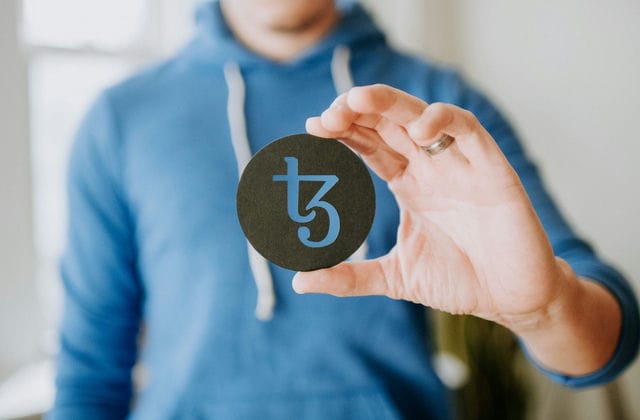
How Bitcoin works
From a user's perspective, Bitcoin is simply a mobile application or computer program that provides a private Bitcoin wallet and allows users to transfer and receive Bitcoins. For most users, this is what Bitcoin is used for.
In the background, the Bitcoin network shares a public ledger known as the "blockchain". This ledger contains all the transactions that have taken place, which allows the user's computer to verify the legitimacy of each transaction. The authenticity of each transaction is protected by the digital signature of the corresponding transfer address, which allows all users to have full control over the bitcoins transferred from their own Bitcoin address. Furthermore, each person can use the power of a calculator with special hardware to process transactions and receive bitcoins as a reward for this service. This is often referred to as "mining".
Are there really people using Bitcoin?
Yes. A growing number of businesses and individuals are using Bitcoin, including brick and mortar businesses such as restaurants, flats, law firms and popular online services such as Namecheap, WordPress, Reddit and Flatter to name a few. Although Bitcoin is still a relatively new phenomenon, it is growing rapidly; at the end of August 2013, there were over US$1.5 billion worth of Bitcoin in circulation, and millions of Bitcoins are traded every day.
How do you get bitcoins?
As a means of payment for goods or services.
Buy bitcoins through a Bitcoin exchange.
Exchange Bitcoins with people nearby.
Earn bitcoins through highly competitive mining.
While some people may want to sell their bitcoins to convert them to credit cards or PayPal, most exchanges do not allow conversions with these payment methods. This is because someone has purchased bitcoins using PayPal and then they have cancelled the transaction themselves. This is usually considered a refusal to pay. This happens from time to time.
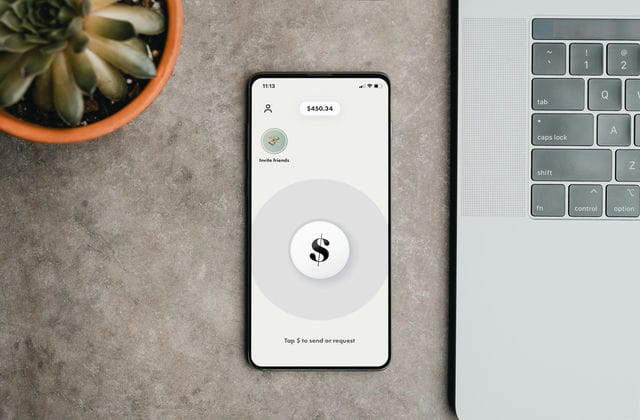
How difficult is it to make a Bitcoin payment?
Bitcoin purchases are easier to pay for than using an ATM card or credit card, and it is possible to pay a merchant without having a merchant account. Payments are made through a wallet application, and you can make payments on your computer or smartphone. All you need to do is enter the recipient's address, the payment amount, and press the transfer button. To make it easier to enter the recipient's address, many wallets can be used to obtain the address by scanning a QR code or by making contact between two mobile phones using NFC technology.
Advantages of Bitcoin
Freedom of payment
It is possible to send and receive any amount instantly, anywhere in the world, at any time. Unaffected by bank holidays, no national boundaries and no mandatory restrictions, Bitcoin gives its users complete control over their money.
Very low fees
Bitcoin payments are currently either no fee or a very small fee. The fees that users may incur are for prioritizing processes to enable faster network confirmation of transactions. In addition, merchant processors can help merchants with transactions by converting Bitcoin into fiat currency and depositing funds directly into the merchant's bank account on a daily basis, for which fees may also be charged. As these services are initiated by Bitcoin, they are much cheaper than PayPal or credit card networks.
Lower risk for merchants
A Bitcoin transaction is secure and non-cancellable, and it does not contain any sensitive or personal information about the customer. This prevents merchants from suffering losses due to fraud or fraudulent chargebacks, and it does not require PCI standards. Merchants can easily expand into new markets, even if those markets don't support credit cards or have too high a fraud rate. The end result is lower processing fees, larger markets and less administrative overhead.
Security and control
Bitcoin users have complete control over their transactions; merchants are not forced to accept unwanted or unnoticed charges as they would be with other payment methods. Bitcoin payments do not require personal information to be tied to a transaction. Bitcoin users can also protect their money with backups and encryption.
Transparency and neutrality
All information about the availability of Bitcoin money can be found in the blockchain and can be verified and used by anyone at any time. No individual or organization can control or manipulate the Bitcoin protocol, as it is cryptographically secure. This allows the core of Bitcoin to be trusted to be completely neutral, transparent and predictable.
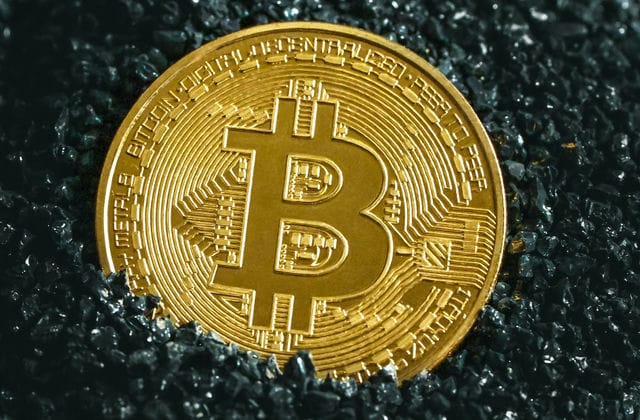
Disadvantages of Bitcoin
Acceptance
Many people still don't understand Bitcoin, and more and more businesses are accepting it every day because they like its advantages. However, the list of companies accepting Bitcoin is still relatively small and it still needs to evolve to benefit from the network effect.
Volatility
The total value of Bitcoin in circulation and the number of businesses using Bitcoin is still small compared to what it should be. Therefore, relatively small events, transactions or corporate activity can have a large impact on the price. In theory, as the Bitcoin market and technology matures, this volatility will become less and less. There has never been an emerging currency like this in the world before, so it is difficult to predict how it will develop (although the outlook is certainly promising).
Ongoing development
The Bitcoin software is still being debugged and improved with many imperfect features. New tools, features and services are constantly being developed to make Bitcoin more secure and easier to use. Some tools, features and services are not yet suitable for everyone. Most Bitcoin businesses are new and do not offer insurance. All in all, Bitcoin is still a work in progress.















